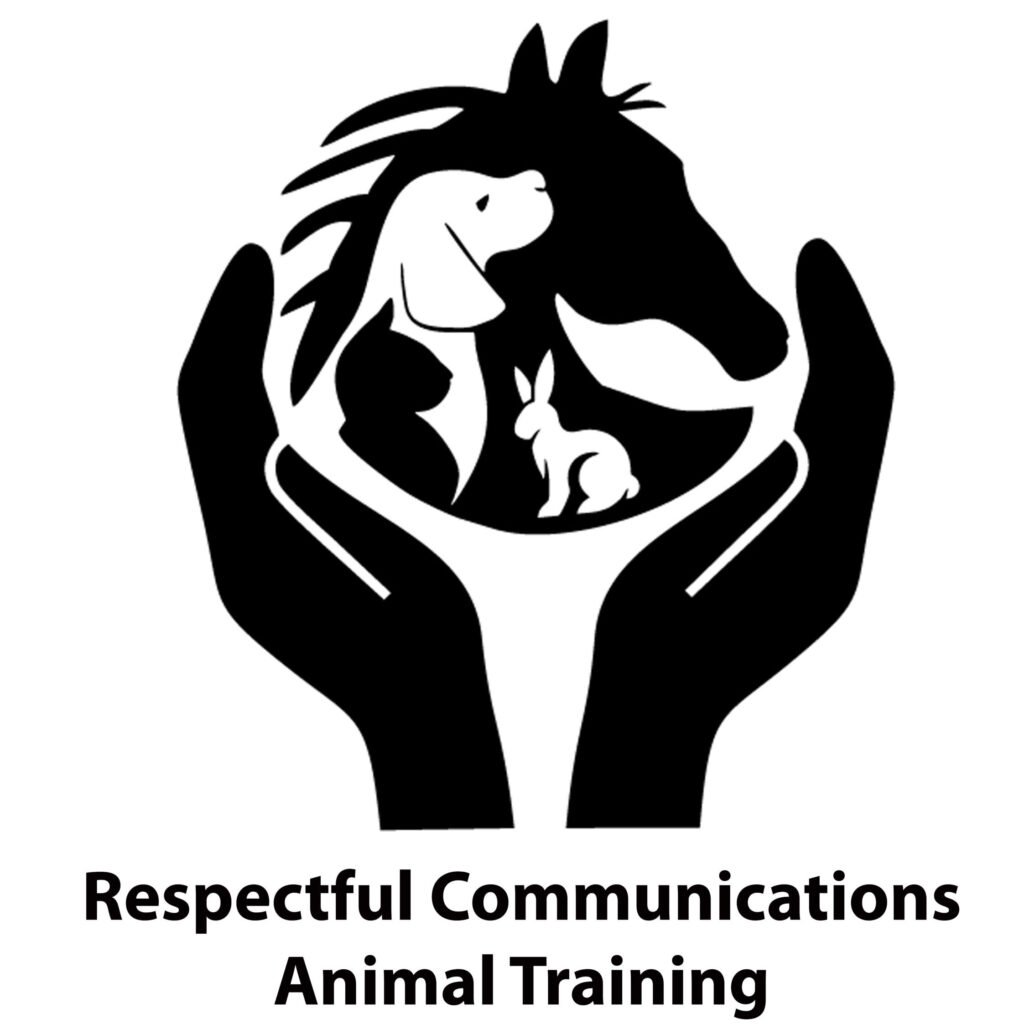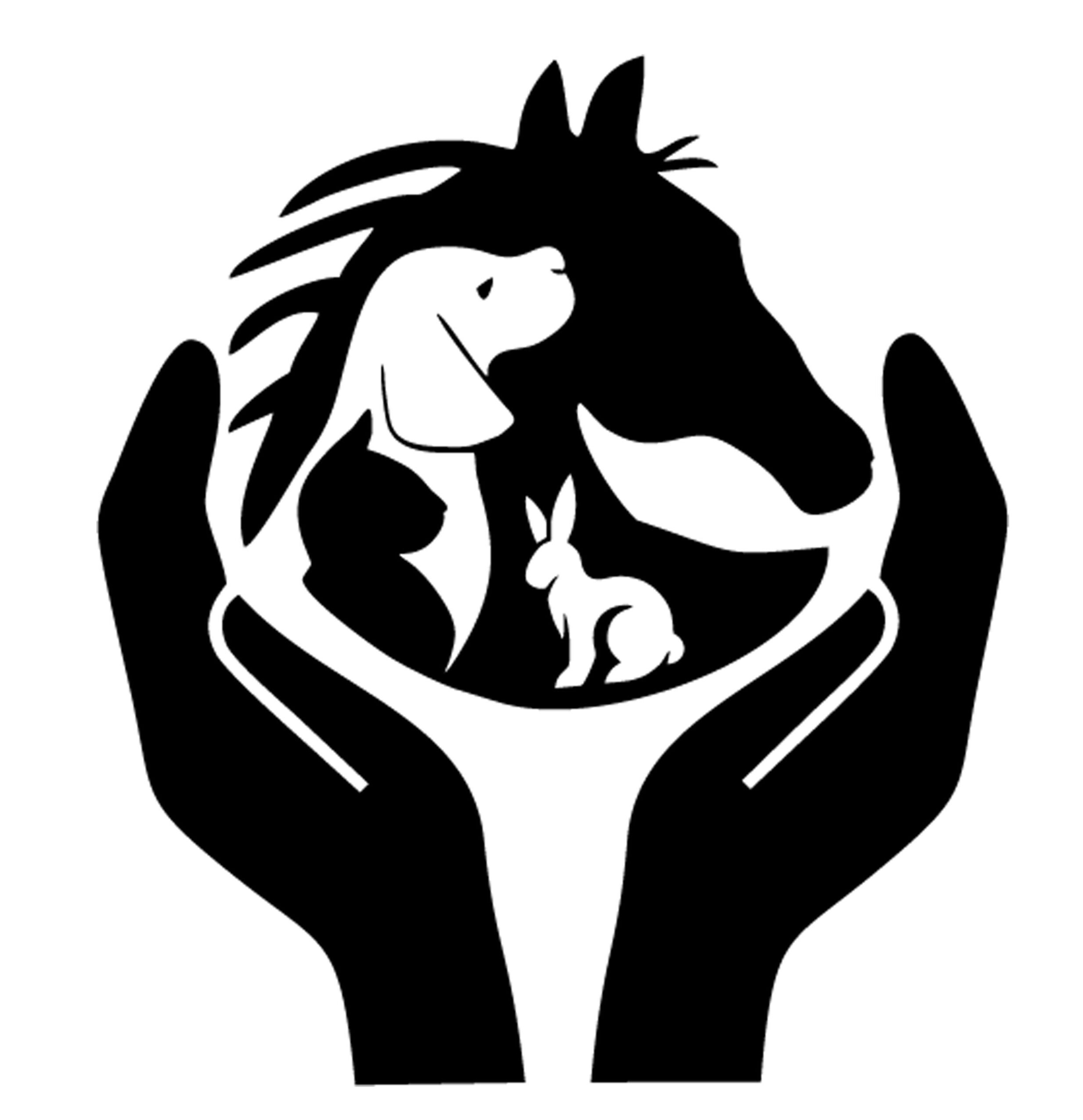- No one can ETHICALLY guarantee that behavior will happen as requested every time.
Dogs are wonderful companions, but they’re not robots! No matter how much you proof (train, test, train) a behavior, there are no absolute guarantees that your dog will perform the behavior on cue every single time. I wish I could promise you that your dog will always respond perfectly, but just like us, they’re individuals with their own quirks. Even if you ask your dog to do something, or if another trainer uses different methods, there are still no guarantees that your dog will do exactly what you want every time. Any ethical trainer understands that science shows no learner—whether human, dog, or any other sentient being—will perform a behavior perfectly every single time. There are many factors that influence behavior, and that’s perfectly normal!
Imagine this: you’re sitting in a classroom when someone opens the door and walks in. Chances are, everyone—including you—would naturally shift their attention from the instructor to the new visitor. It’s only natural to be curious or wonder if that person needs something from you. Now, picture if that person started tossing $100 bills around the room (or, for our furry friends, imagine someone tossing out juicy steaks!). Suddenly, everyone would be out of their seat, excitedly scrambling for the reward!
Your dog is no different! There will be days when something in the environment is just more interesting than you are, and that’s okay! Some dogs can refocus on you quickly, while others may need a little more time. This is completely normal.

- Not all dogs can learn every behavior.
A Chihuahua, a Bull Mastiff, and a Malinois each have their own unique strengths and personalities, so it’s natural that they may not all be able to perform the same behaviors. Their physical and mental abilities, as well as their motivations, can be quite different—and that’s perfectly okay!
If you hear someone claim they can teach any dog absolutely any behavior, it might be a good idea to take that with a grain of salt. Not every dog is suited for every trick or task, and that’s completely normal! Your dog is wonderful just as they are—sometimes we just need to find the activities that suit them best. Our goal is always to keep your dog safe and happy, while bringing you peace of mind.

- Sometimes it is a matter of management… not just training.
Teaching your dog to stay off the furniture or avoid counter surfing while you’re away is definitely possible with some training, but a little extra management can really help too! Just like us, dogs are likely to repeat behaviors when they’re rewarded. If you leave a delicious steak thawing on the counter where your dog can catch a whiff (and maybe even reach it!), it’s just too tempting for them to resist. Chances are, your pup will give it a try!
If you’re not physically in the room to gently redirect him or prevent him from reaching that tempting reward—and there aren’t any management barriers in place—the dog will likely go for the treat. It’s really just a natural instinct! You can practice “leave it” all day, but at the end of the day, your dog will probably choose the immediate reward. That’s just how they are, and it’s completely normal!

4. We use no force and cause no pain or fear in our training.
We believe in creating a positive and trusting environment for your pet. That’s why you won’t see us using “leash pops” (also known as “leash corrections”), rattling cans of coins, squirt bottles, or similar methods during training. These types of “tools” can make pets feel anxious or afraid, and that’s the opposite of what we want. Our goal is to strengthen the bond between you and your pet, making training a joyful and rewarding experience for both of you!
Using methods like these—sometimes called positive punishment—can actually cause pets to feel fearful or stressed, which isn’t helpful for learning. Just like people, pets learn best when they feel safe and supported, not scared. Imagine how hard it is to learn something new when you’re worried or anxious! That’s why we focus on building trust and understanding, so your pet can thrive and enjoy the training process. We want your animal to respond to you out of happiness and confidence, not out of fear.
Animals love to repeat behaviors when there’s a reward involved! Our training encourages your pet by rewarding them for following the cues we give. At the beginning, these rewards usually start with tasty treats—food is a basic need for animals, and having them work for their food can make mealtime more fun and enriching, rather than just eating from a bowl on the floor. As your pet progresses, we switch to fun secondary rewards. (After all, everyone gets full sometimes!) These might include playtime with a favorite toy, access to a beloved activity, or time with a special person your pet adores. Since most pets spend a lot of time indoors, waiting for their human companions to come home, any positive interactions, rewards, or enrichment activities go a long way in stimulating their senses and building strong neural connections. By choosing positive, engaging interactions, you’re helping your pet lead a happier, healthier, and more enriched life—something both you and your furry friend will enjoy!

5. Dogs do NOT need a “pack leader” and you don’t need to worry about trying to be the “alpha” in your home.
Recent scientific studies have shown that the old “alpha” pack theory in wolves isn’t accurate. In fact, the original researchers have acknowledged their earlier mistake. More up-to-date research reveals that wolf groups are actually families made up of a mother, father, and their offspring—rather than unrelated wolves competing for dominance. Because dogs aren’t genetically related to us, and we’re not even the same species, the idea of being your dog’s “pack leader” doesn’t really fit. It’s a phrase often used on TV for entertainment, but not supported by current science. If you work with a trainer who stays informed about canine science and behavior, they’ll be aware of these findings.
Your pets, including dogs, rely on you for almost everything—just like beloved members of the family! Much like animals in a zoo, they depend on your care for their food, water, and comfort. They can’t open doors, cans, or cabinets, so they need your help to get what they need. Remember, your pets aren’t your competition—they’re your loyal companions, counting on you to provide for them. By offering your guardianship, basic necessities, and understanding, you help them thrive in the loving environment you’ve created for them.


Let us help you change those frustrating behaviors and re-start your dog on the right path!

Call us: 678-809-DOGS (3647)
or
Currently serving Pickens, Gilmer, and Cherokee Counties, including the communities of Blaine, Hinton, Jasper, Marble Hill, Nelson, Tate, Talking Rock, Ellijay, Ball Ground, Canton, Holly Springs, Waleska, and Woodstock
